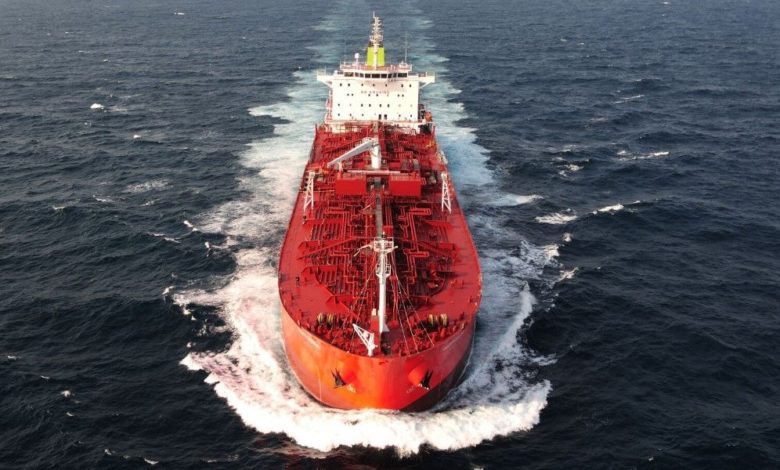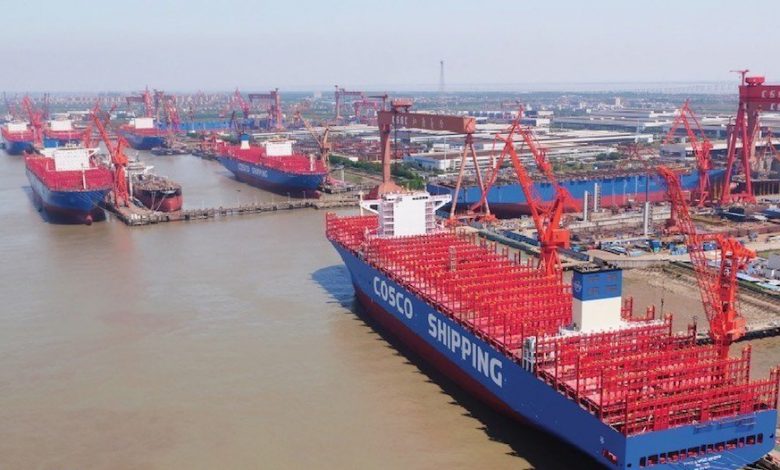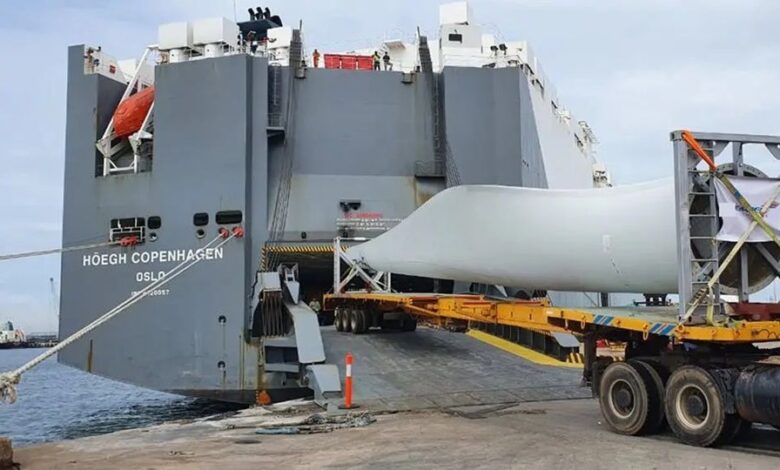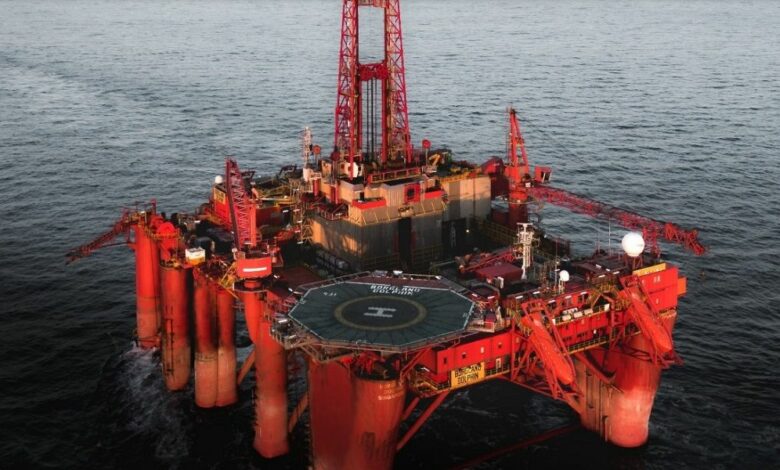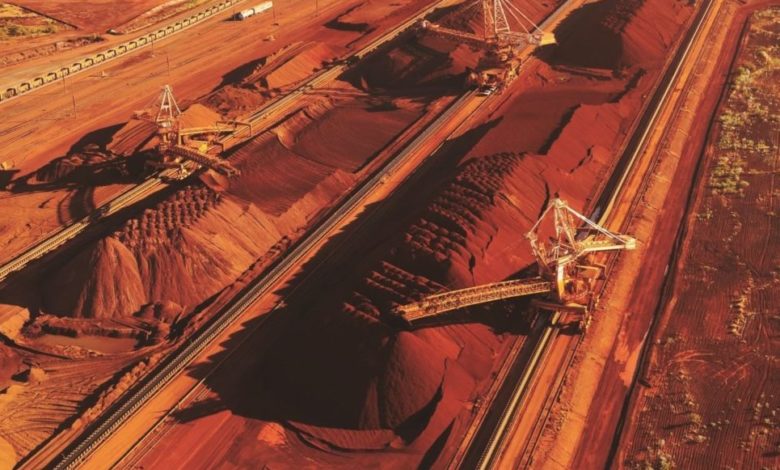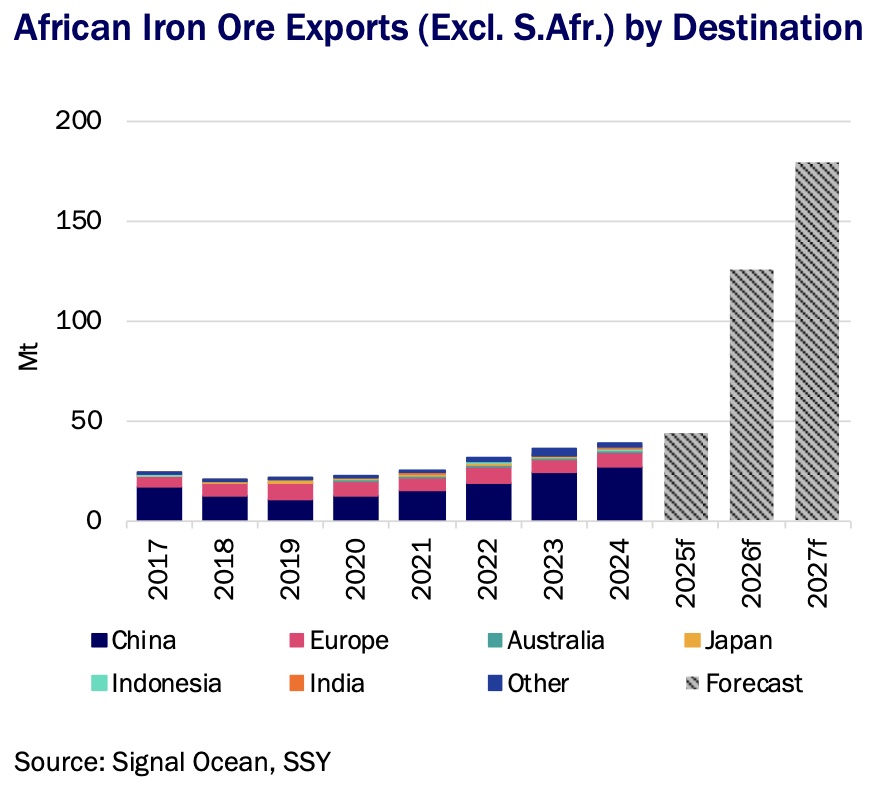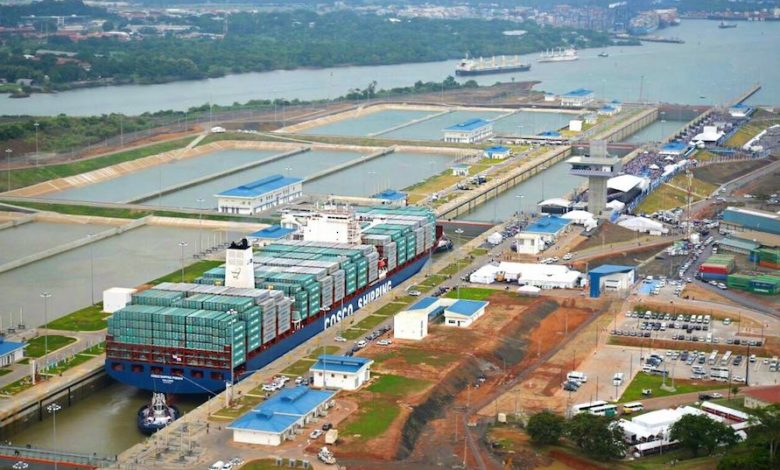Both the China Shipowners’ Association (CSA) and the China Association of the National Shipbuilding Industry (CANSI) have left public comments criticising the US Trade Representative’s proposals to charge extra for fleets with Chinese-built tonnage calling at American ports, arguably the biggest shock policy to potentially hit shipping in the opening months of the return of Donald Trump to the White House.
The American president will make a decision shortly on whether to carry out suggestions made by the office of the US Trade Representative (USTR) following an investigation carried out over the past year into China’s growing dominance in maritime, especially in the realm of shipbuilding. The USTR report cites artificially suppressed labour costs, forced technology transfer and intellectual property theft among a raft of accusations levelled at Beijing. The trade office has recommended potential fees of up to $1.5m per port call for Chinese-built vessels, $1m per port call for operators of Chinese-built ships, and mandatory US-flag shipping requirements
In a comment filed on the USTR site, CSA called the agency’s proposed actions discriminatory and said they violate World Trade Organization rules as well as WTO dispute settlement rulings.
The USTR’s move also violates the 2003 Sino-US Maritime Agreement, CSA said, adding that it violates US laws and rules.
The proposals exceed the statutory authority of the USTR, infringe on the jurisdiction of the Federal Maritime Commission, violate the standards for agency action under the Administrative Procedure Act and violate the Export Clause of the US Constitution, the group said.
The China Association of the National Shipbuilding Industry, in a separate comment, said it opposed the proposal.
The first signs of a two-tier market are emerging in anticipation of Trump’s likely penalisation of Chinese-built tonnage.
Broker BRS reported this week Chinese-linked ships are now becoming “far less attractive” for long-time charters due to the likelihood that, at some point during their charters, these ships would be required to call at US ports.
Law firm Hill Dickinson is also seeing revisions to charter-party wording, both bespoke terms and amendments to standard charter-party forms for voyage and period fixtures in relation to a likely impending clampdown on Chinese-built tonnage by the US.
China’s foreign ministry said this week the move would not revitalise the US shipbuilding industry and that China would take steps to uphold its rights and interests.
Splash readers meanwhile have called for a tax on Boeing airplanes calling at Chinese airports.
Clarksons Research has calculated nearly 37,000 US port calls last year by ships that would likely face the maximum $1.5m fee due to their connection to China, equivalent to 83% of containership calls but only around 30% of stops by tankers.
As with many industries, China has come to dominate shipbuilding this century, moving from a global market share of less than 10% of the global orderbook to a commanding two-thirds stranglehold by the end of last year. The US, by contrast, has a market share of less than 1%.
Global Times, a state-run Chinese newspaper, lambasted the American plans earlier this week in an OpEd, arguing: “The chasm between American and Chinese shipbuilding is fundamentally a gap in industrial infrastructure. The forces of globalization swept away America’s steel mills, machine shops and skilled labor force, leaving behind rusting supply chains and a hollowed-out manufacturing base. Shipbuilding, a quintessential heavy industry, requires a robust industrial foundation. When that foundation crumbles, shipbuilding inevitably follows.”





